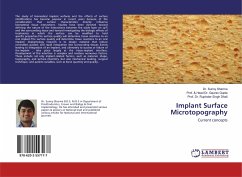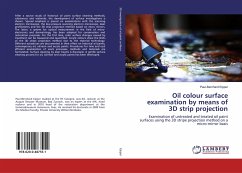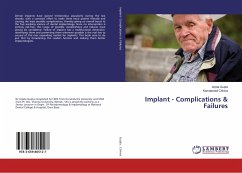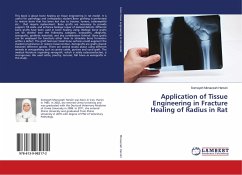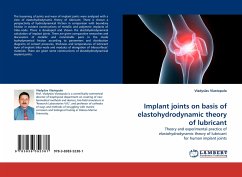The study of biomedical implant surfaces and the effects of surface modifications has become popular in recent years because of the consideration that surface characteristics directly influence biomaterial tissue interactions. Studies have been directed toward defining the nature of the interactions between the oxide layer on cpTi and the surrounding tissue and toward investigating the biologic effects of treatments in which the surface can be modified to hold specific properties.The surface quality will determine tissue reactions to an oral implant.The surface quality will determine tissue reactions to an oral implant. Implantology research is to design material that induce controlled, guided, and rapid integration into surrounding tissues. Events leading to integration of an implant, and ultimately to success or failure of the implant , take place largely at the tissue-implant interface. Development of this interface is complex and involves numerous factors. These include not only implant-related factors, such as material, shape, topography, and surface chemistry, but also mechanical loading, surgical technique, and patient variables, such as bone quantity and quality.

